
The University of Massachusetts history department’s biennial Feinberg Family Distinguished Lecture Series began Tuesday with a keynote panel on Women, Incarceration and Carceral Feminism. Andrea James, Mariame Kaba, Herschelle Reaves and Elias Vitulli, directed by Victoria Law, came together to share their personal experiences and professional work on the topic.
The speakers discussed carceral feminism and the issues that can arise when we ask “an inherently violent institution to solve violence,” as Law stated. By the end of the panel, their long term ambitions of abolition and short term plans to free individual women and girls often facing life sentences had been discussed with purpose and emotion.
The discussion was introduced with a slam poem, performed and written by Reaves, which set the tone for the rest of the conversation. Reaves’ poem introduced the reoccurring theme that “white folks lead the struggle that they can’t possibly be attached to”.
Kaba brought nuance to the situation beyond incarceration. “The cage [prison] has been extended into the community in a big way,” Kaba explained, adding that it is common that a woman will get one charge and then lack proper representation, and this one charge will stop her from being able to restructure her life.
Reaves shared her struggle with addiction and shared her need for treatment when she was charged 32 times and incarcerated.
“Instead of prison we should have treatment,” Reaves said, “when I go to these treatment facilities I see all white faces.”
Kaba led the discussion on the consequences of feminism in the 1960s and 70s that left “those most marginalized targeted by the state.” The agenda was dictated by the state and left women of color unrepresented, she said.
“People believe black women have no selves worthy of defense therefore if we do defend ourselves we are the aggressors,” she continued.
Vitulli spoke on behalf of transgender people and emphasized that prison “systematically negates their gender identity.” In prison, a trans person is almost always classified by the sex at birth. Trans women are often put in high security to protect them from the prison, isolating them more and leaving them vulnerable to violence from guards.
Vitulli commented that much of the difficulties that women of color face in prison overlap with those of trans people.
The conversation culminated in the topic of abolition versus reform. As James stated, the goal is “not to reform the current system but to create a human justice system.”
“We have no energy for reforming this system,” she added.
“White people are already living in abolition presently,” Kaba explained. Their goal of abolition means that communities are free to make decisions for themselves and have resources for education, health care and other human rights.
The conversation ended with warnings against complicity. The only way for change is action from every individual. The speakers urged the crowd to visit candoclemency.com to help further the cause.
“The process of fighting for Black Lives Matter is fighting for each and every black person we know on a daily basis,” Kaba concluded.
Lily Abrahams can be reached at [email protected].


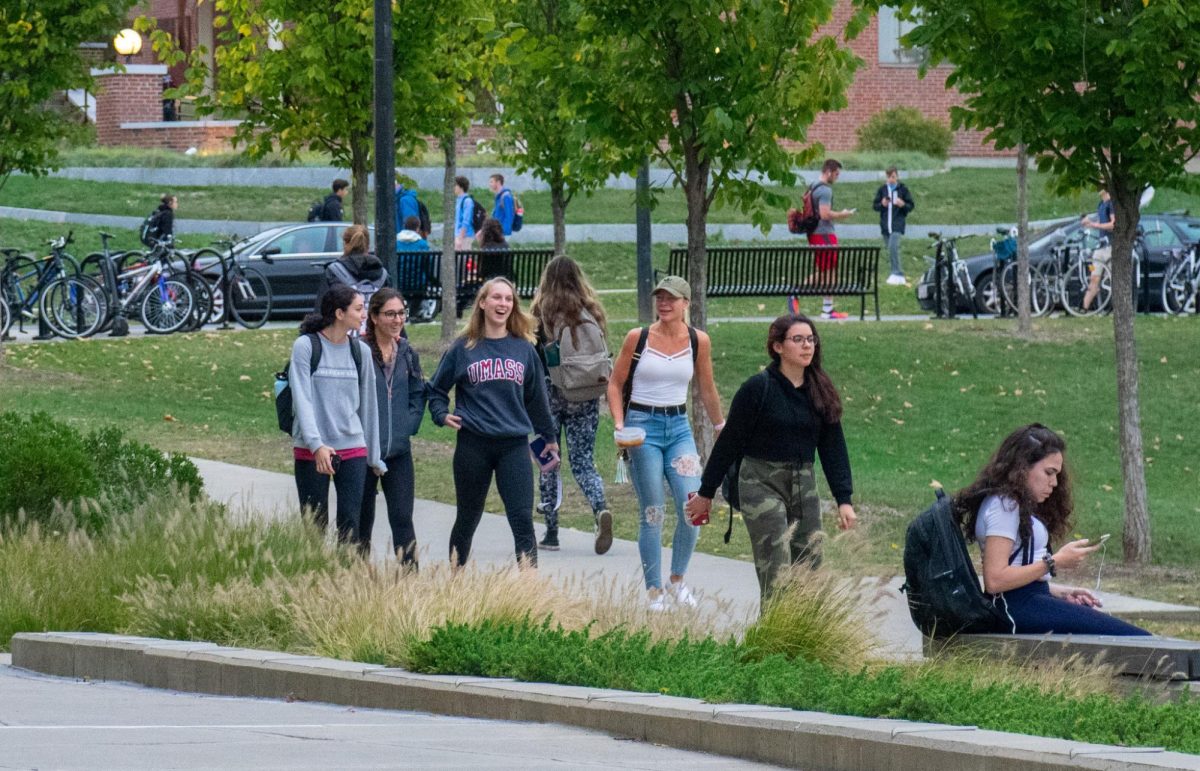
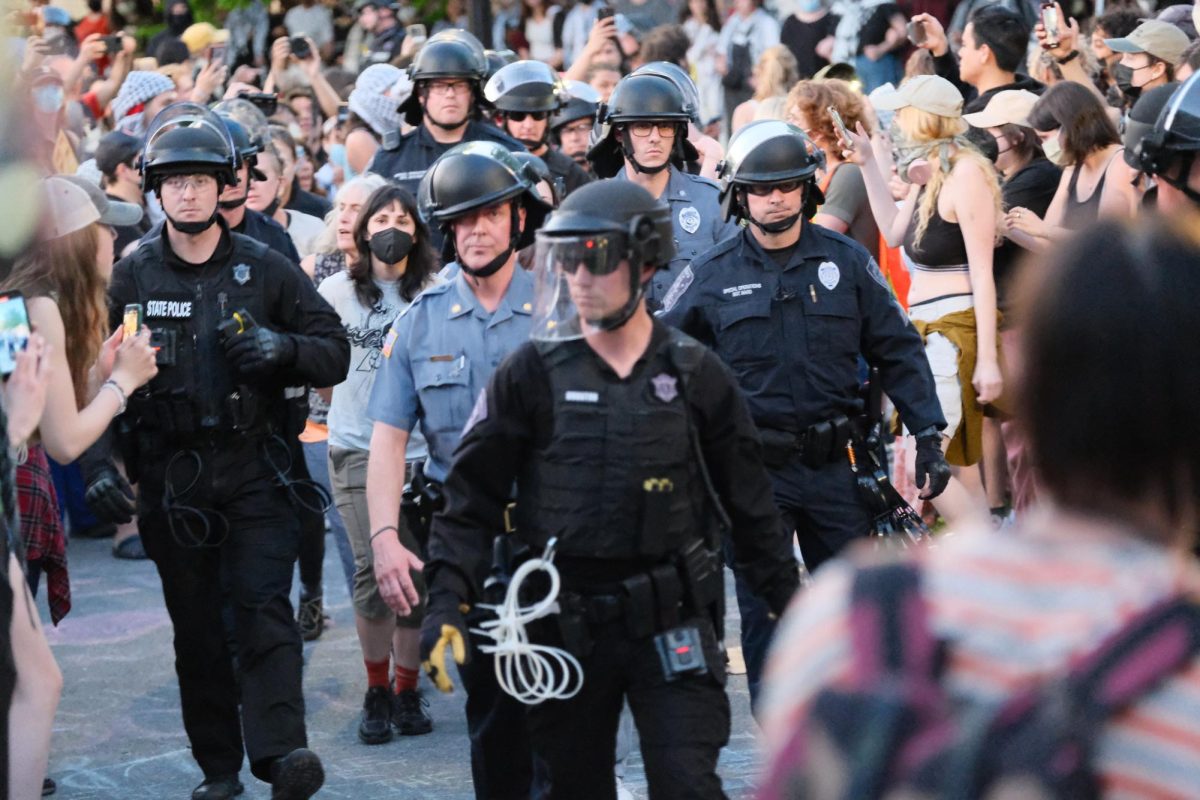
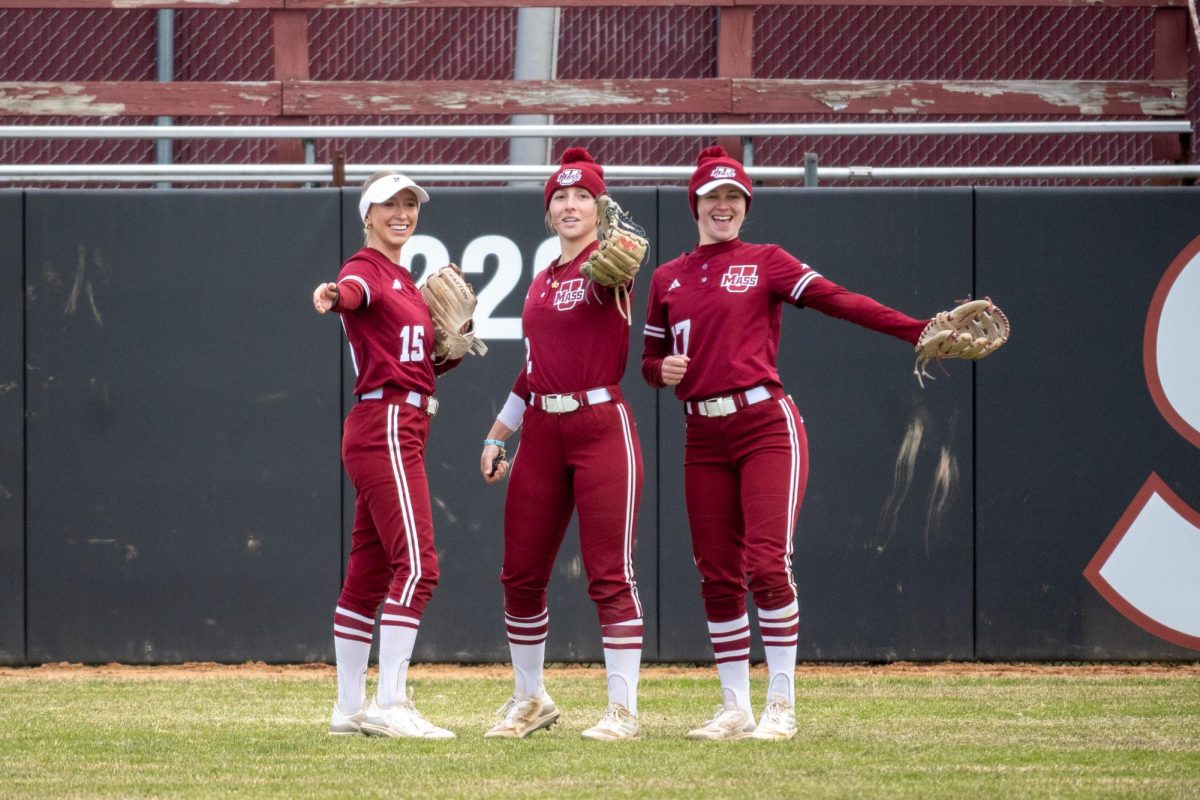
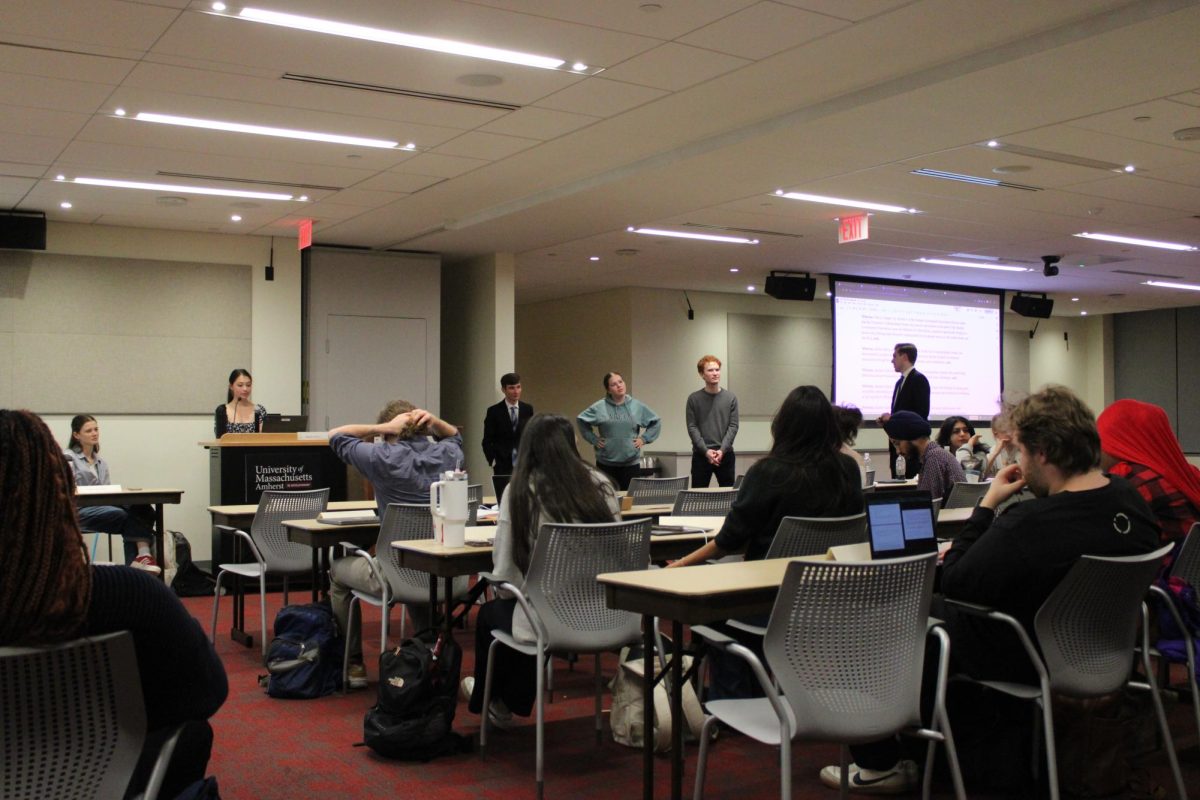
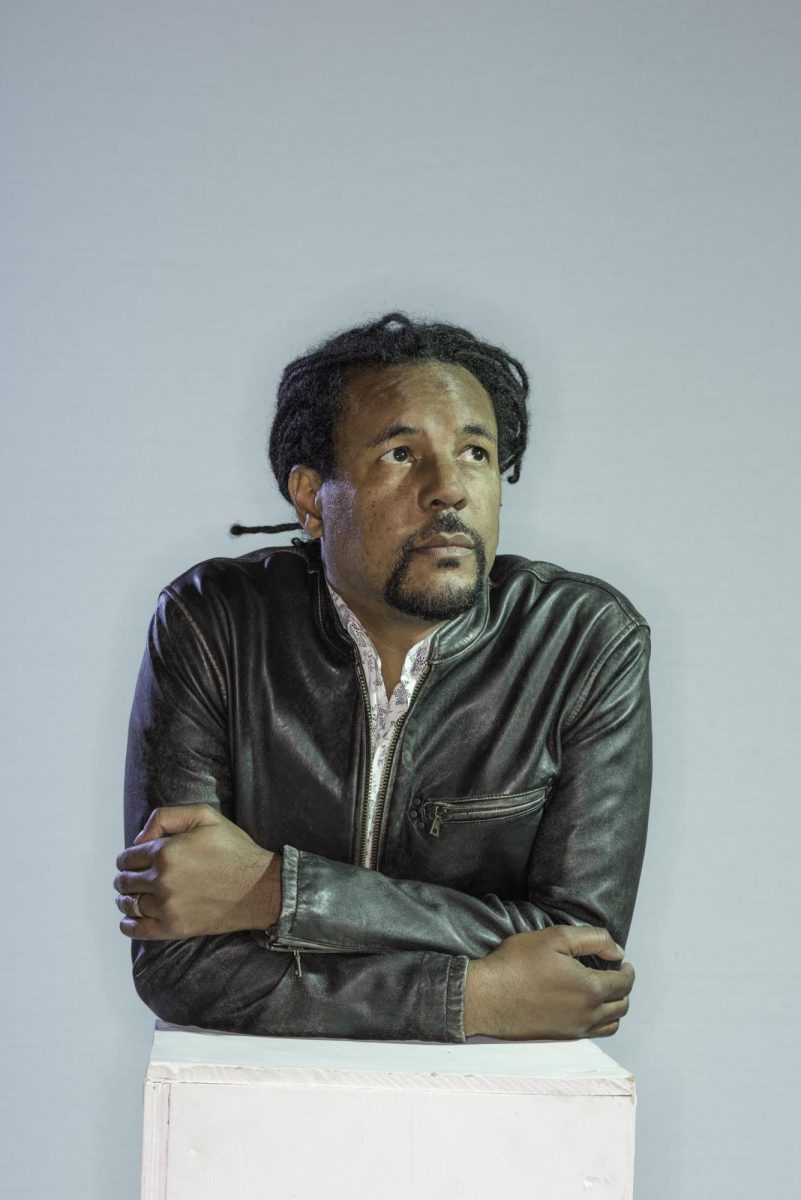
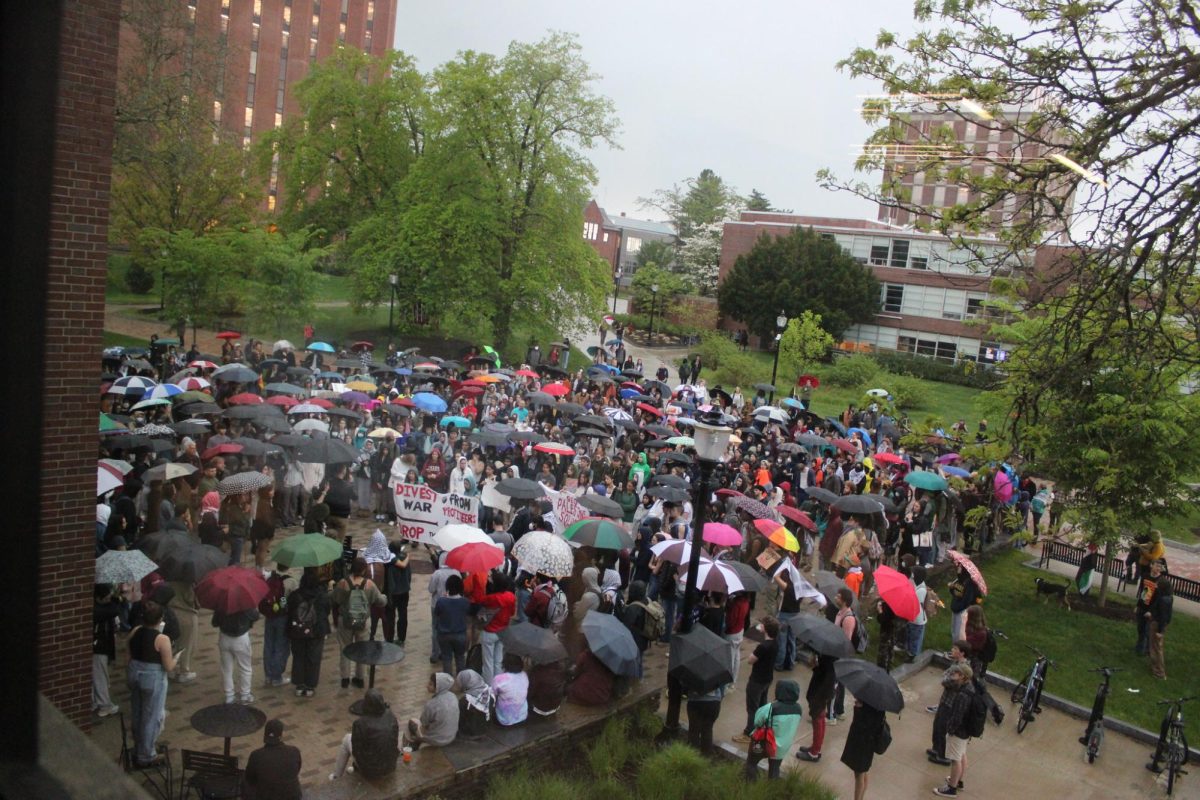
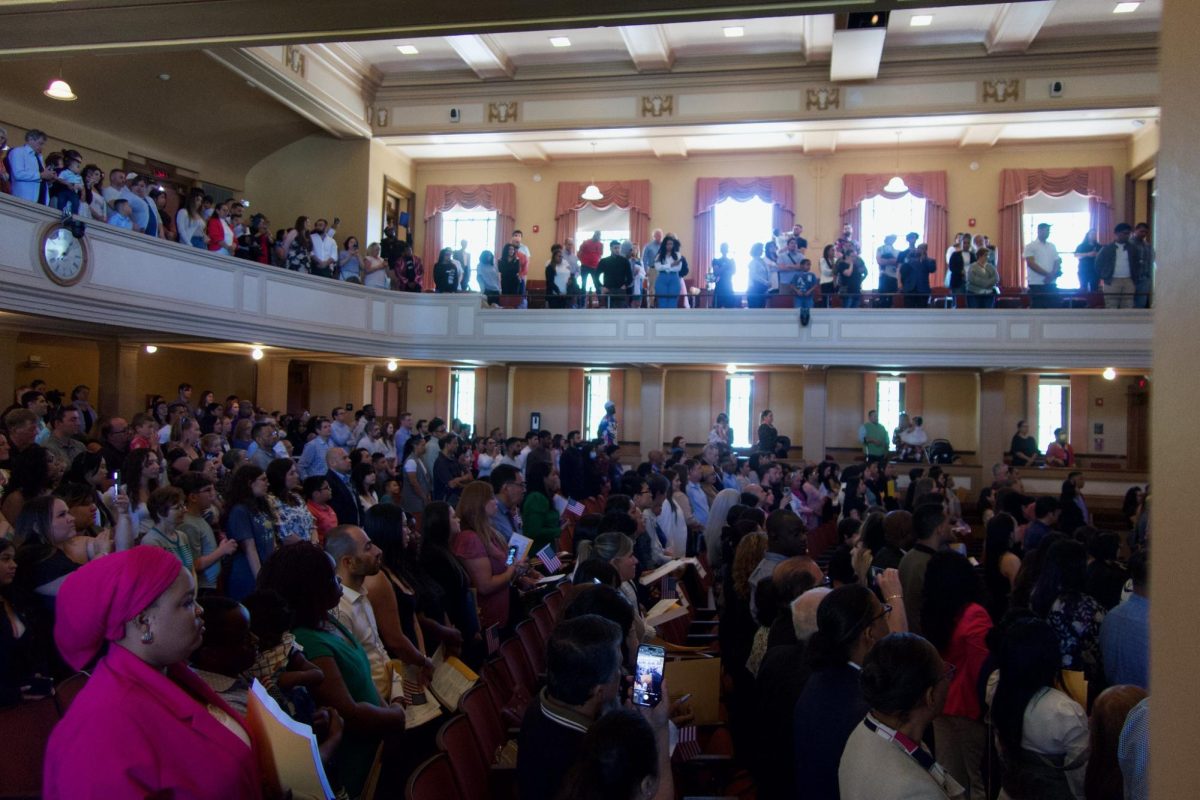

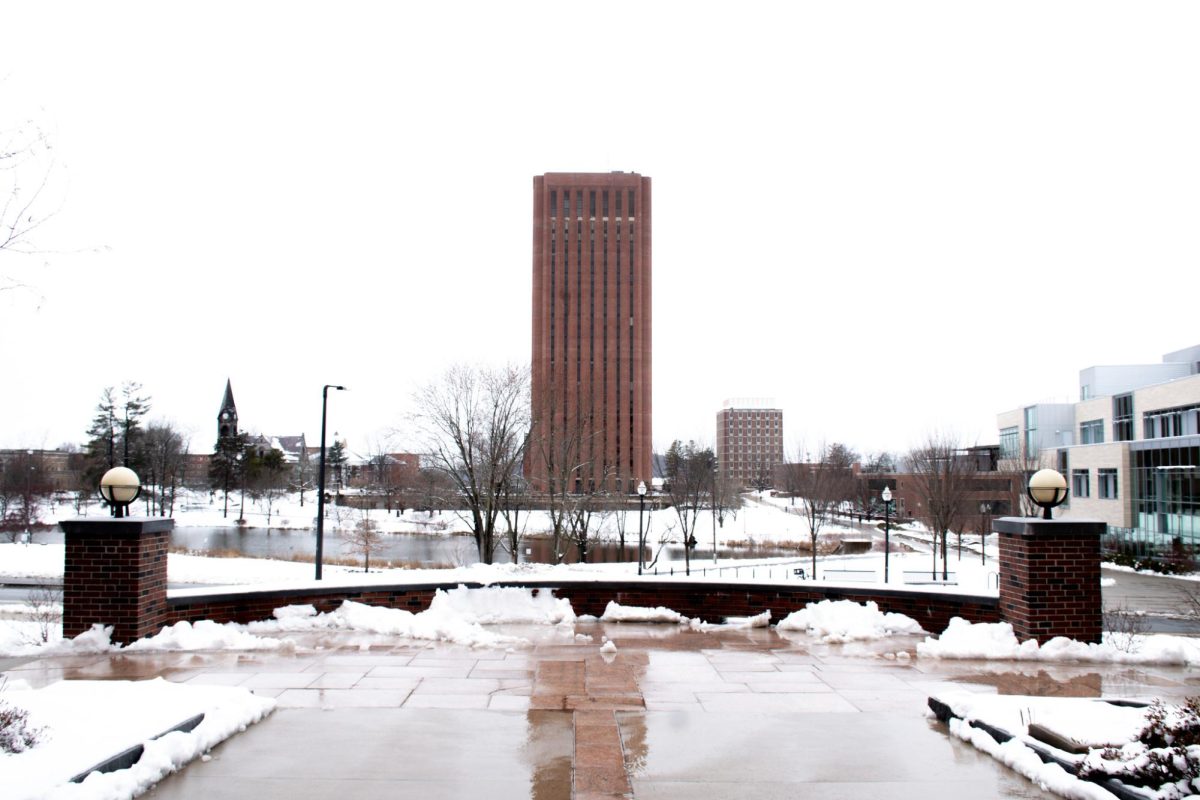
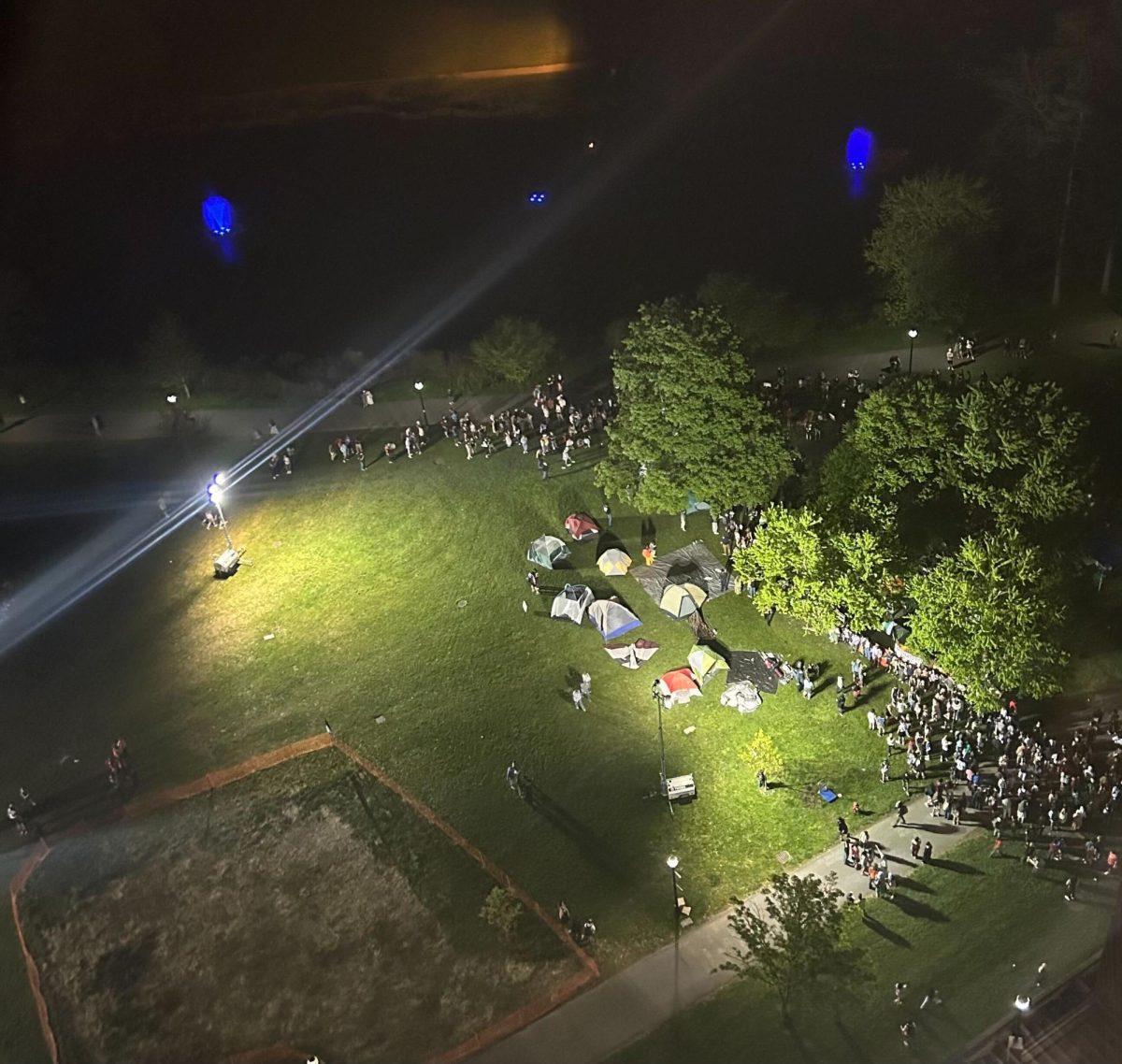



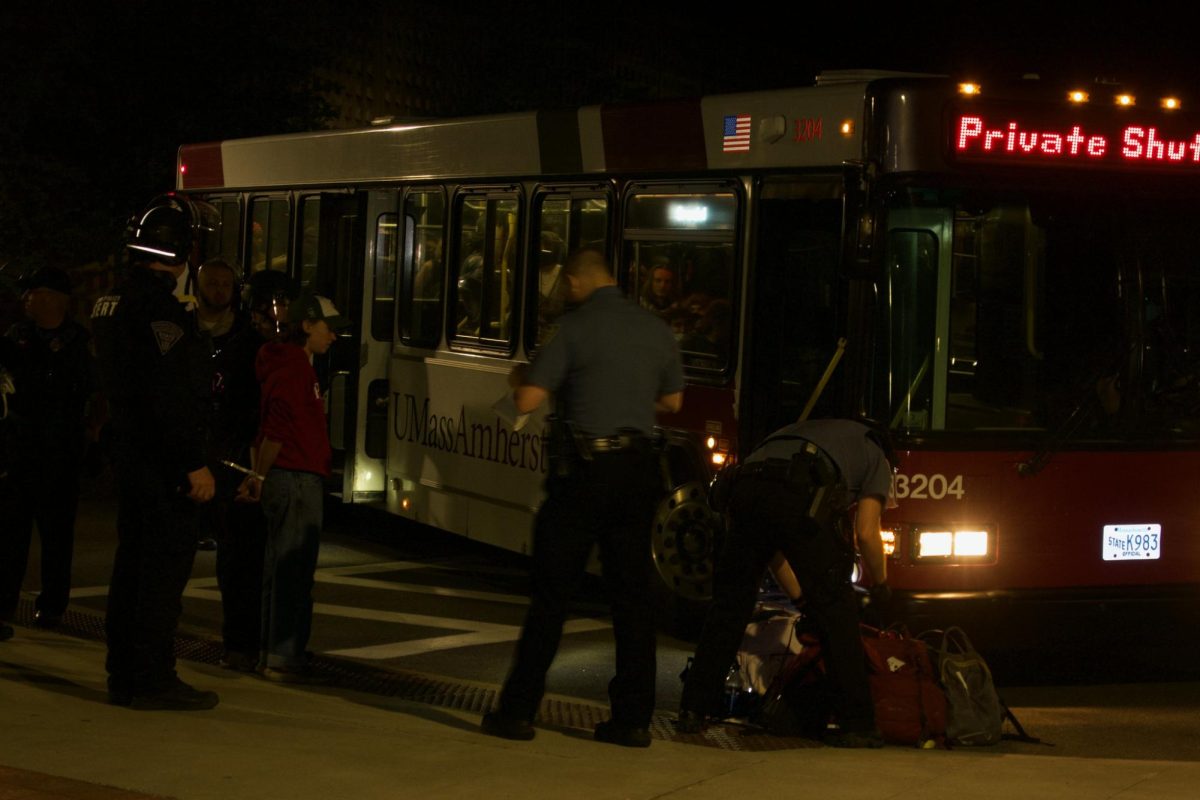


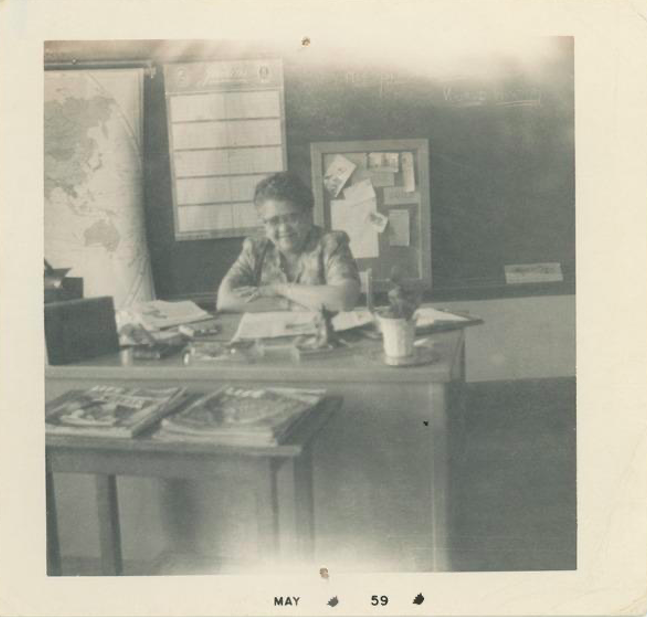
David Hunt 1990 • Sep 22, 2016 at 2:37 pm
How can you say “Black Lives Matter” when over 90% of black murder victims are killed by other blacks… and thanks to Eugenicist and racist Margaret Sanger, in some places in the US the single most dangerous place for a black to be is inside a black woman’s womb – e.g., Harlem.